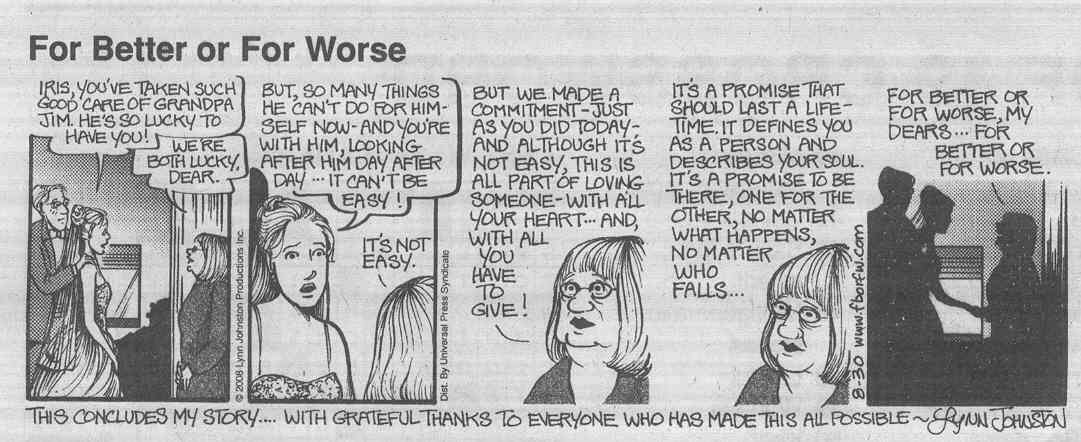I enjoyed “Wall-E”, because the graphics were nice, and the action was wittily contrived. Wall-E meets and falls in love with a more up-to-date computer that looks like an inflated iPod. The two coo for each other.
But why do people so readily want to believe that robots might some day be capable of having feelings?
This is an immutable and irrevocable fact about robots: robots are programs– there is not a single thing they will ever do that is not the result of a programming instruction placed there by a human technician. The “feelings” expressed by a robot will always and ever be as real to anyone as the cuckoo in a cuckoo clock, or those dolls that used to have a string in the back, and will probably be twice as annoying after the very, very brief phase of novelty wears off.
Well, there are movies about talking dogs and flying men and 12-year-olds who know Unix (Jurassic Park), so what’s the problem? The problem is, I get why we might have a compelling movie about a talking dog, or a smart 12-year-old, or a man with superpowers: all of them correspond to real beings who have real feelings, and there are explanations for the dog, the 12-year-old, and superman. There is no explanation than can possibly explain why a robot would have human feelings, just as there is no possible explanation of why a bullet might fly at 10 miles per hour, or there would be a parking spot available right in front of that downtown office building our hero needs to enter immediately.
The problem is, I just don’t find a story line about a robot with feelings compelling. It’s just not interesting. It’s impossible to care about the robot with feelings because I can’t escape the awareness of the fact that every action the robot takes in response to his “feelings” is, in fact, the result of a program created by his manufacturer.
Ironically, the most interesting idea about a robot with “feelings” is this: what if the humans in the story didn’t know it was a robot?
What about “Blade Runner”?
All right– this is an interesting movie. But the “replicants” are clearly not robots– they’re genetically engineered organisms. Or are they? The movie doesn’t explain. They bleed and they die and they have feelings. Does that answer the question? Yes it does– they are organisms, genetically engineered to function like humans, so they can work and live where humans would find conditions intolerable.
But… in one scene, Deckard encounters a maker of the eyes which are clearly manufactured, aren’t they? In fact, they could just as likely have been cultured in some way, grown from stem cells, or what have you.
The most beautiful moment in the movie comes when a replicant does something absolutely human– gets nostalgic:
I’ve seen things you people wouldn’t believe… attack ships on fire off the shoulder of Orion. I watched c-beams glitter in the dark near Tanhauser Gate.
…All those moments will be lost in time, like tears in rain. Time to die.
Other concepts that a Hollywood Producer found credible:
- perky brain surgeons who look and talk like Meg Ryan
- parking spaces in front of the building you suddenly need to enter very quickly in order to save someone’s life
- soldiers as heroes who never seem to actually kill anybody
- mothers who have all the time in the world to send their children off to school with hugs and kisses and expressions of consuming devotion– as if they knew something bad was going to happen
- annoying mentally disturbed men who seem strangely attractive to young, beautiful women
- rogue police who “break all the rules”
- suspects who immediately tell the truth when threatened by the rogue cop who breaks all the rules.

